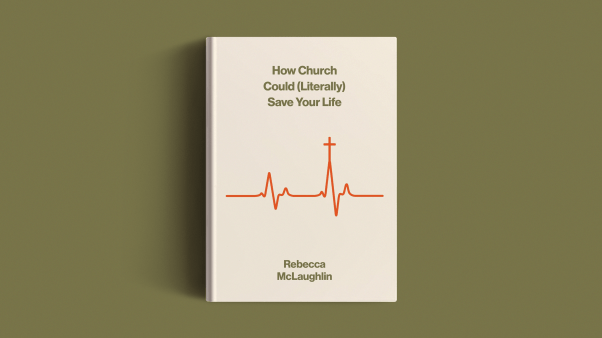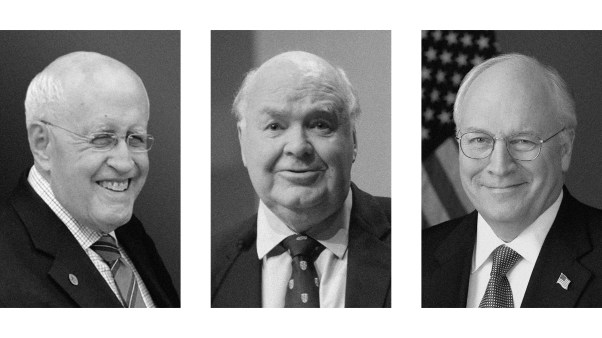In yesterday’s post, I told three stories about people who used reproductive technologies to have babies: A mother became pregnant via IVF after her first three children were tragically killed. A couple turned to an Indian surrogate to bear the child they could not. A fictional character wanted a baby for many reasons, stemming from both self-protection and love.
I put people’s stories (including my own) at the center of my study of and writing about reproductive ethics. There is a name for moral deliberation that gives significant weight to people’s stories: narrative ethics. Traditional ethics uses a juridical process, in which experts consider the moral questions raised by a situation, explore those questions using established ethical principles, and render a judgment based on which principles are most applicable. Narrative ethics is less cut-and-dried. It allows room for amateurs to weigh and discuss the complexities of a particular person’s story, acknowledging that such factors as the person’s intentions and past experience are relevant.
But there’s a problem with focusing exclusively on our and others’ stories: Humans are prone to self-absorption, self-pity, and a tunnel vision that puts our own pain, problems, and desire for happiness front and center. We are all too capable of justifying poor decisions and bending or obscuring the truth to suit our needs. In short, we are all sinful and overly caught up in the self.
So practicing narrative ethics does not mean that anything goes, that people have unlimited freedom to pursue whatever they want in isolation from moral, cultural, and emotional consequences. Rather, practicing narrative ethics means that we give weight to the myriad and significant circumstances that lead people to make ethically fraught decisions, and allow people’s stories to influence our dialogue and our language.
When we fail to incorporate people’s stories into our ethical discourse, we risk making moral judgments appear irrelevant. For example, the U.S. Catholic Bishops’ 2009 statement opposing assisted reproduction, “Life-Giving Love in an Age of Technology,” states in one passage, “In an important sense, the spouses [who rely on egg/sperm donors and/or surrogates] have decided not to be fully the mother and father of their child, because they have delegated part of their role to others.” Several months ago, I had a friend over with her infant daughter, who was conceived via IVF using a donor egg. As her daughter keenly followed her mother’s every move and protested the minute she left her sight, my friend said, “I challenge anybody to tell me I am not this child’s mother.” The bishops’ language fails to recognize the story of a donor-conceived baby who clearly knows exactly who her mother is.
In another example of how people’s stories can influence our moral discourse, consider this past weekend’s New York Times Magazine article on parents who ‘reduce’ twin pregnancies; that is, they ask a doctor to kill one of their healthy fetuses (by injecting potassium chloride into the fetus’s heart) so that they will give birth to only one infant. Most twin-to-singleton reductions are due to parental preferences, not medical necessity. My observation after discussing this story on my blog and reading various online responses: Even knowing a bit of the stories behind the reductions profiled, most people found the article disturbing. Our empathy for the parents’ fear and stress when they discover they are expecting two babies was not enough to outweigh our sense that being emotionally, physically, and financially overwhelmed does not justify pregnancy reduction. Such a decision is particularly hard to swallow when parents have gone to great expense and effort to conceive via IVF (as did a number of the couples profiled in the article). In this case, knowing the stories behind ethically fraught decisions made people less, rather than more, likely to condone them.
Putting stories at the center of moral and theological discourse is exactly what Jesus did with the parables. In fact, Jesus’ reliance on emotion-laden stories points to one of the primary reasons that I am a Christian. While Christian theology has elements of transcendence and detachment from human experience, at core, Christianity is about a God who willingly and fully took on our human-ness, in all its madness, tragedy, perplexity, and radiance. Jesus offers a way of being that embraces the mess and miracle of living our very human stories.
Is it right or wrong, moral or immoral, to create embryos in a lab or hire another woman to carry a baby for you? I’m not sure I’ll ever be able to answer those questions definitively. But I remain committed to raising such questions as well as listening to the stories of people who desire children for all sorts of reasons. When we talk about reproductive technology, we’re talking about having and loving babies, some of the most physically, emotionally, and spiritually transformative human experiences. Few other life experiences lay so bare our bodily limits, capabilities, and needs, our emotional vulnerability and the centrality of self-giving love. Our language and our dialogue must reflect those realities by welcoming people’s stories and taking them seriously.








